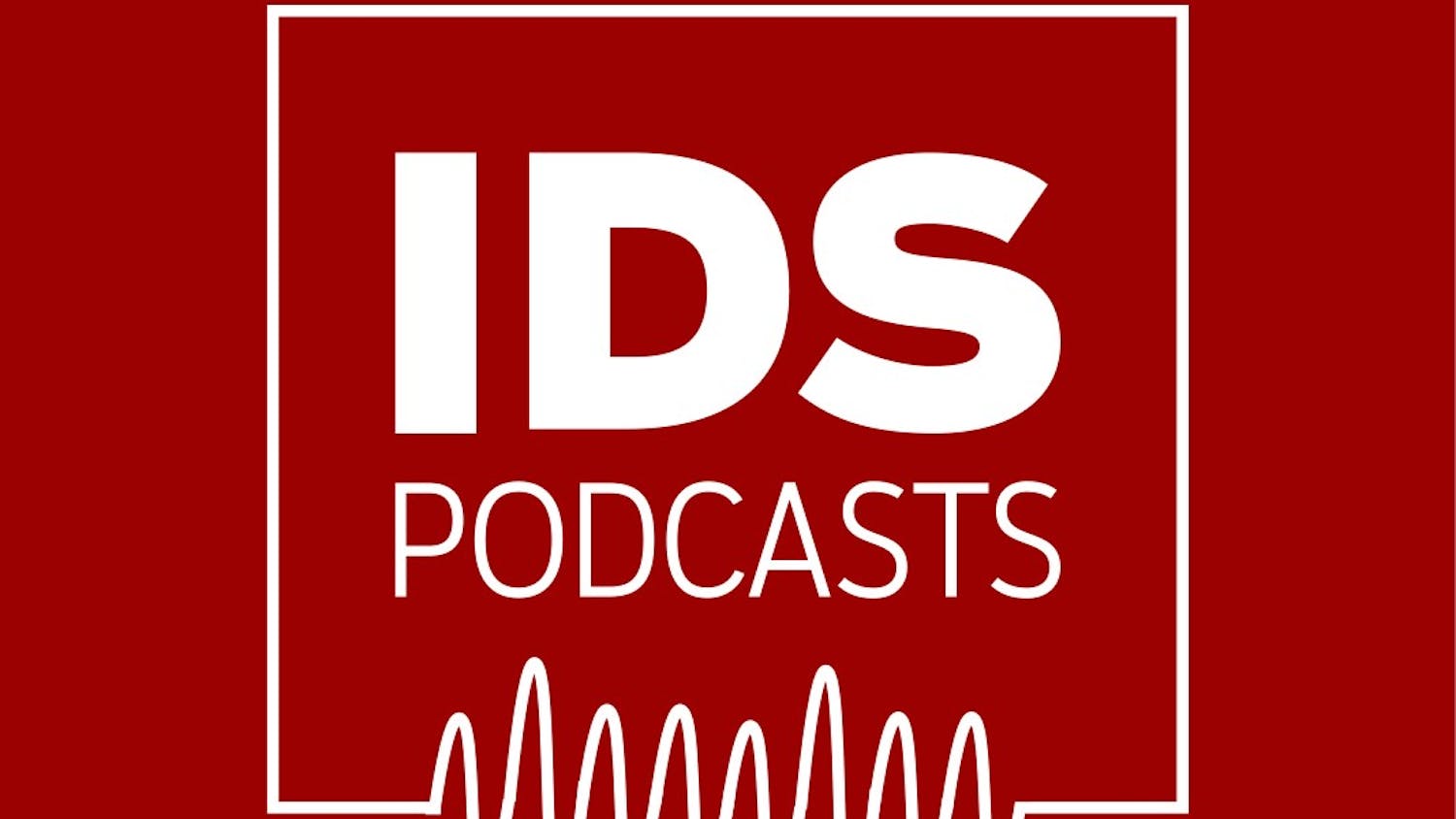The 2013 budget for the City of Bloomington leaves the city with a $788,657 deficit, but a new one-time tax and proposed fee and fine increases are set to make up for the shortfall.
As announced last spring, an error by the Monroe County auditor Amy Gerstman caused the city to fall short of its expected property tax revenue total by $377,930.
At last week’s Bloomington City Council meeting, Mayor Mark Kruzan urged the public to remember that about half of the city’s deficit was made
up of this error and that those monies would be recovered this year, pending approval.
City Controller Mike Trexler, part of the team in charge of preparing financial reports for the city, noted that the shortfall is just a small chunk of the approximate $27,000,000 total property tax levy the City of Bloomington collects, but is noteworthy nonetheless.
Tax-exempt properties such as hospitals and some IU properties were included in the calculation of the certified net assessed valuation, or the total worth of Bloomington properties.
The city uses this county-provided value to help determine its property tax rate for Bloomington residents.
When used in the tax formula, this inflation lessened the tax rate, giving Bloomington taxpayers a slight break on this year’s tax bill.
This year’s tax increase will balance out that break and help reverse the deficit.
“Any additional (money) they will be paying this year they saved last year,” Trexler said.
Put simply, this excess levy would translate into small dollar increases in next year’s tax bill.
For example, on a $100,000 home, someone would have paid about $780 total in property taxes for the year. Additionally, they would pay about an extra $11 next year.
The tax rate in 2012 was .7800 — a little less than a penny — per $100 of assessed evaluation. The publicized proposed rate for 2013 is .9034.
Trexler said the published rate, submitted for public consideration before final approval, is higher than he expects it to actually be and estimates an actual rate of just less than .8000.
Local governments often publish higher-than-expected tax rates as a precaution, as they cannot charge more than the published rate.
Trexler is seeking approval of the Department of Local Government Finance to impose this one-time excess levy and should find out if it is approved by early next year, he said.
Trexler expects the levy to be approved, as it is in accordance with state laws.
Another proposed deficit-reducing method is to increase some violation fines and selected service fees provided by the city.
Many of these fees have not been updated for decades, said Patty Mulvihill, assistant city attorney, at the meeting.
She also said these fee increases were proposed for a variety of reasons, through which by-product fees would indeed help the deficit.
These changes were proposed at Wednesday’s city council meeting.
They include hikes in weeds and trash violation fines, as well as fee increases for sign permits, non-criminal fingerprinting, car towing and accident report requests.
Most of these proposed increases did not raise individual fines or fees above $100.
With the increased fees and the additional one-time tax, Trexler does not expect a deficit at the end of 2013.
“I think we’ll look back at 2013 and we’ll see a surplus,” he said.
Property taxes to increase, make up for revenue error
Get stories like this in your inbox
Subscribe



